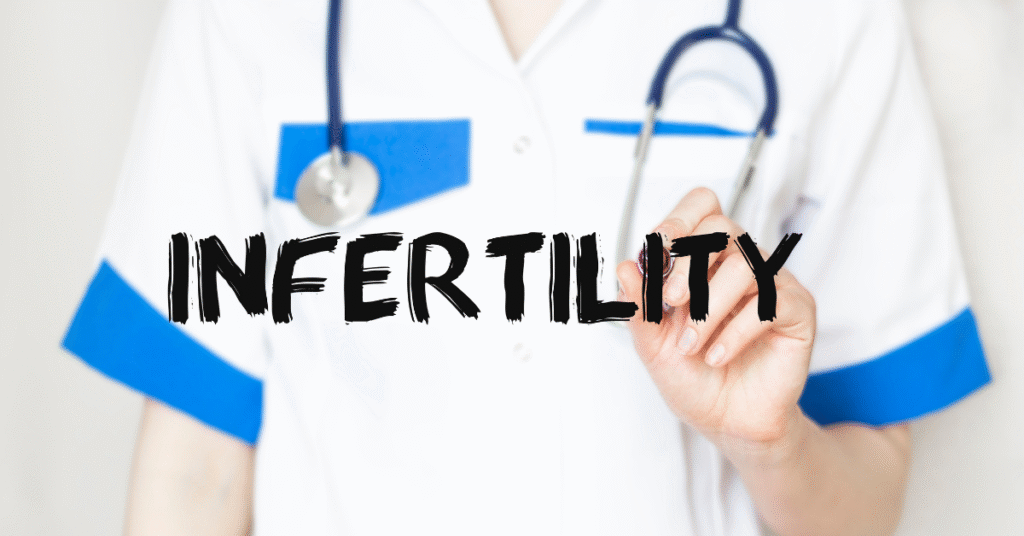Fertility naturally changes with age, affecting men and women differently. While many individuals have successful pregnancies later in life, age-related changes can influence conception. Exploring these impacts and outlining proactive steps can offer clarity for individuals navigating their reproductive plans. Here is more information on how this factor evolves with age, addresses factors that may influence reproductive health, and provides actionable steps to take control of fertility:
Exploring Changes With Age
Fertility typically peaks in a person’s twenties and begins to decline for most individuals as they age. For women, the number and quality of eggs present at birth decrease gradually over the years. By the mid-thirties, chances of conception begin to decline more significantly. Meanwhile, male fertility changes occur at a slower rate, but advancing age may still impact sperm quality, including motility and DNA integrity.
These natural processes often result from changes in the reproductive system. For women, factors such as reduced hormone levels, ovulation frequency, and changes in egg health contribute to lower fertility. For men, decreased sperm count or mobility may add complexity to conception as age progresses. Earlier awareness of these physiological patterns can help individuals make informed decisions about their reproductive timelines.
Understanding Other Influences
While age serves as a primary factor, several additional influences play a role in fertility. Lifestyle choices such as smoking, alcohol consumption, and diet affect both male and female fertility. Chronic stress or lack of adequate physical activity can also alter hormonal balances that impact reproduction.
Environmental exposures, such as prolonged contact with certain toxins or chemicals, may negatively affect fertility as well. Additionally, underlying medical conditions, including polycystic ovary syndrome (PCOS) or endometriosis for women, and low testosterone for men, often interact with age to further challenge reproductive health. Understanding the interplay between age and these contributing factors provides a holistic perspective on fertility. This enables individuals to approach their reproductive health with a better grasp of potential barriers and opportunities for improvement.
Supporting Fertility
Proactive measures can optimize reproductive health. Maintaining a balanced diet rich in whole grains, lean proteins, and healthy fats supports overall hormonal function. A nutrient-diverse diet may also promote optimal egg or sperm quality. Regular physical activity further enhances circulation and hormone regulation, while routine checkups provide insights into individual fertility status.
Monitoring ovulation patterns or undergoing evaluations of egg count and sperm quality equips individuals and couples with the necessary information for planning. Based on results, healthcare professionals may recommend personalized strategies or interventions to encourage successful conception. For some, freezing eggs or sperm at an earlier age serves as an added layer of control over future plans. By preserving reproductive cells in their healthiest state, individuals expand their options while minimizing concerns about age-related decline.
Find a Fertility Clinic
Age-related changes in fertility are natural, but having a clear understanding of how these changes occur allows for better preparation and decision-making. Identifying other lifestyle or health influences on fertility provides an opportunity for individuals to take an active role in protecting their reproductive potential. By prioritizing healthy habits, pursuing regular evaluations, and looking into effective resource options, individuals can approach their plans with confidence. For more personalized guidance, consulting a fertility specialist opens pathways to broader solutions tailored to unique reproductive goals.
